The Damaging Impact of Anti-LGBTQ+ Laws
LGBTQ+ individuals have been fighting for equal rights for decades. Despite the progress made in recent years, anti-LGBTQ+ laws continue to be passed in many parts of the world. These laws are not only harmful but also deeply unjust and discriminatory. In this blog post, we'll explore why these laws happen and why they are so harmful.
Why Do Anti-LGBT Laws Happen?
Anti-LGBT laws happen for a variety of reasons, but some of the most common are rooted in deeply-held beliefs and prejudices. These beliefs often stem from religious, cultural, or social traditions and may be deeply ingrained in a society's norms and values. Some people may believe that LGBTQ+ individuals are morally corrupt or that their lifestyles go against the natural order. Others may be uncomfortable with the idea of gender or sexual diversity and may seek to suppress it in their communities.
In some cases, anti-LGBT laws are also a political tool. Politicians may use them to appeal to conservative voters or to deflect attention from other issues. In some countries, laws against homosexuality are even used as a tool of oppression and control.
Why Are Anti-LGBT Laws Harmful?
Anti-LGBT laws have a wide range of negative consequences for LGBTQ+ individuals and their communities. Here are just a few of the many reasons why they are so harmful:
They promote discrimination: Anti-LGBT laws send a message that LGBTQ+ individuals are second-class citizens and that discrimination against them is acceptable. This can lead to a culture of intolerance and hatred, where LGBTQ+ individuals are treated unfairly in all aspects of their lives.
They perpetuate stereotypes: Anti-LGBT laws perpetuate harmful stereotypes about LGBTQ+ individuals and their lifestyles. This can lead to stigma and discrimination, which can have long-lasting negative effects on mental health and well-being.
They restrict basic human rights: Anti-LGBT laws restrict basic human rights, such as the right to free expression and the right to privacy. This can lead to harassment, violence, and even imprisonment for LGBTQ+ individuals.
They have negative health outcomes: Anti-LGBT laws can have negative health outcomes for LGBTQ+ individuals. For example, laws against same-sex marriage can lead to increased rates of depression, anxiety, and substance abuse among LGBTQ+ individuals.
LGBTQ+. Discrimination, harassment, and violence resulting from these laws can lead to feelings of isolation, anxiety, and depression. Fear of persecution can prevent individuals from seeking necessary resources and support, which can further exacerbate mental health issues. It's crucial to recognize the intersectionality of mental health and the impact of discriminatory laws on marginalized communities, and to work towards creating a more inclusive and accepting society for everyone.
What can I do about anti-lgbt laws?
Educate yourself and others: Educate yourself about anti-LGBT laws and their negative consequences. Share your knowledge with others and encourage them to do the same.
Speak out: Use your voice to speak out against discrimination and intolerance. This can include writing letters to politicians, participating in peaceful protests, and sharing your views on social media.
Support LGBTQ+ organizations: There are many organizations that work to promote equality and acceptance for LGBTQ+ individuals. Consider donating to these organizations or volunteering your time to help their cause.
Vote: Voting is one of the most powerful ways to make your voice heard. Vote for politicians who support LGBTQ+ rights and who are committed to fighting against discrimination.
Be an ally: As an ally, you can support and advocate for LGBTQ+ individuals in your personal and professional life. This can include using inclusive language, standing up against discrimination, and educating others about the importance of acceptance and equality.
Seek support: If you are an LGBTQ+ individual living in a state with anti-LGBT laws, seek support from organizations and individuals who can help you navigate the challenges you may face.
We are here to help you however we can. We support and stand with the LGBT community, and believe in the fundamental right of every individual to love and be loved for who they are.



